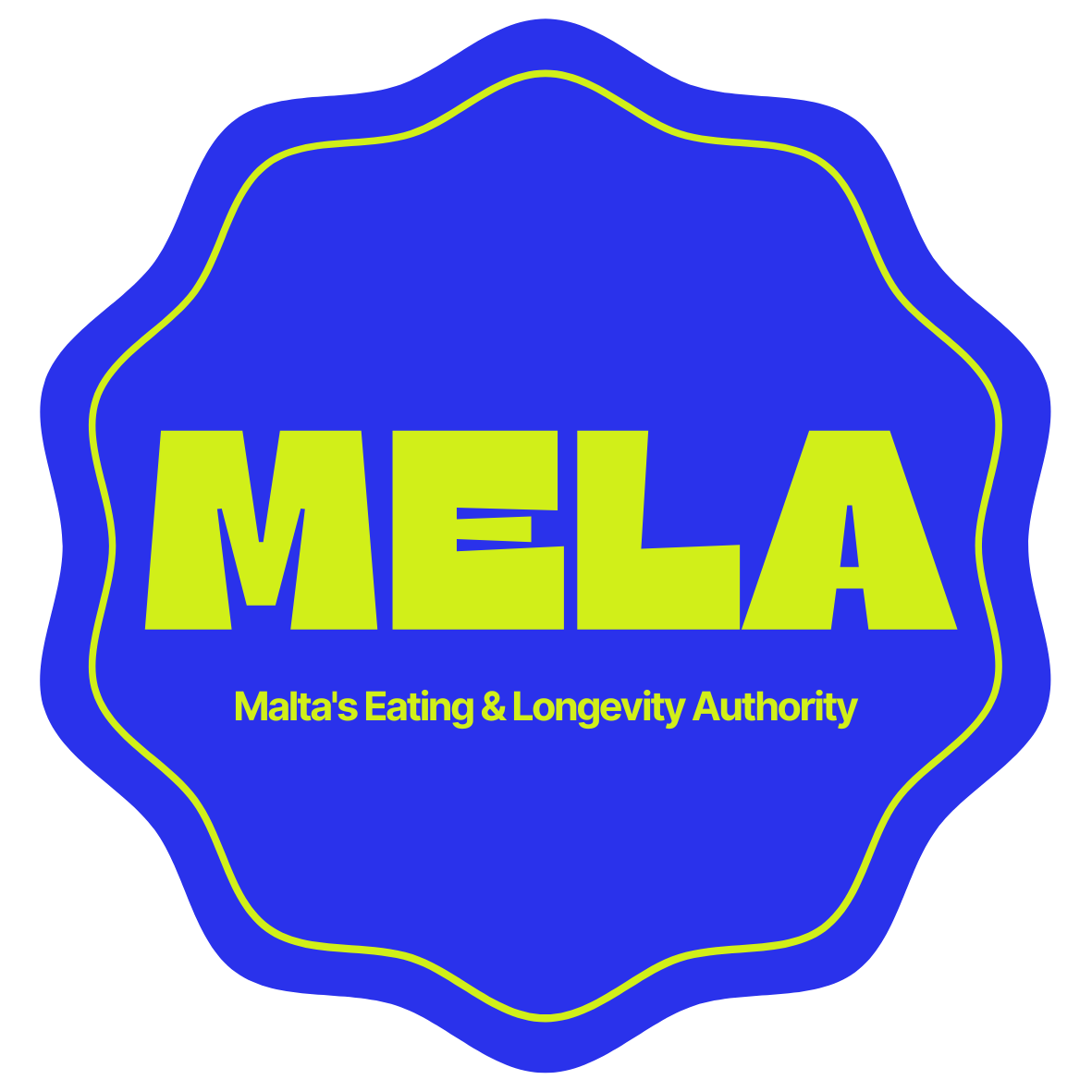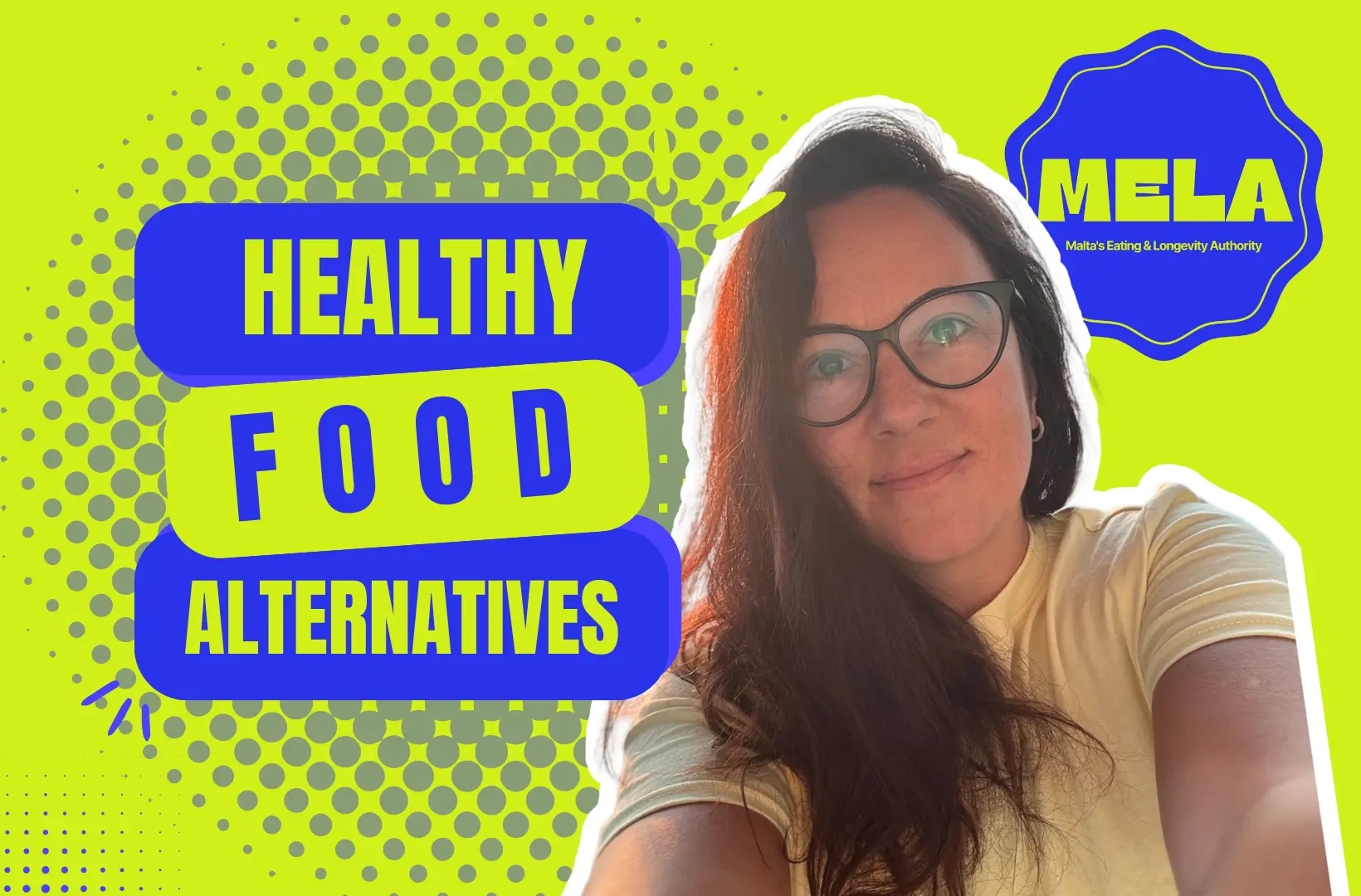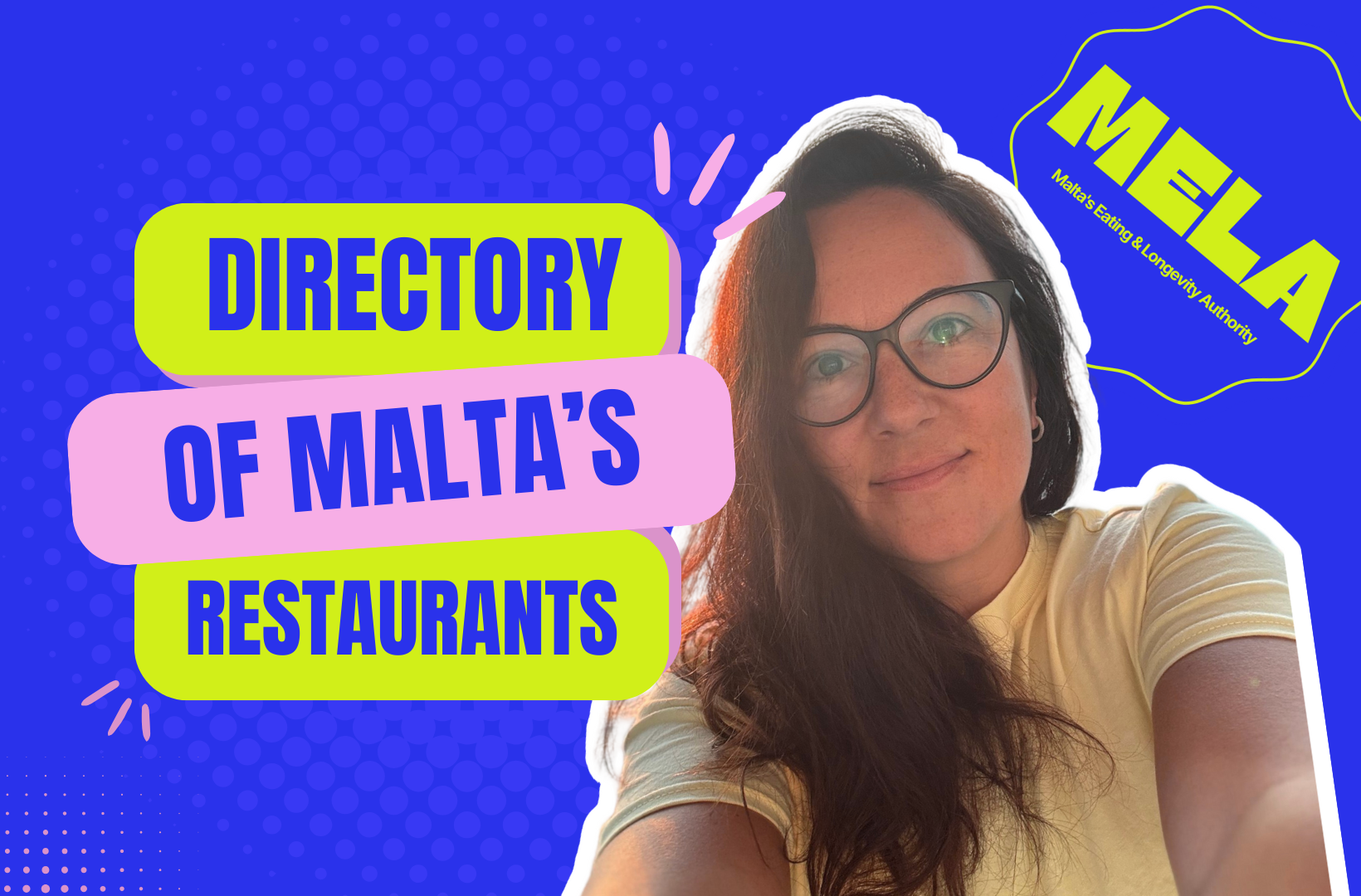Breaking through misconceptions: Pets aren’t just companions, they might be the hidden solution to transforming ADHD management in Malta. While 76% of Maltese parents report higher family harmony after introducing pet therapy, can the nation keep up with this therapeutic trend amid challenges of routine care and financial constraints?
Furry friends may hold the key not only to happier families but to better ADHD symptom management. Whether you’re a Maltese local looking for ways to improve your child’s focus or a visitor curious about Malta’s rising use of animal-assisted therapy, this guide will show you how pets can deliver transformative results.
How Pets are Changing Lives in Malta
The ADHD Dilemma in Malta
Approximately 5-7% of Maltese children are diagnosed with ADHD, aligning with Europe’s average. For families managing ADHD, hyperactivity, impulsiveness, and attention-control challenges can create daily obstacles. For many, traditional pharmaceutical treatments offer relief but also come with side effects or diminishing returns as children grow older. This has led Malta to explore pet ownership as a complementary ADHD solution.
At the same time, 68% of Maltese households own pets, and a staggering 42% report dogs as their primary companion animals. Could this rising local pet culture naturally intersect with ADHD symptom management?
Emotional Regulation Through Animal Interaction
Research reveals that engaging with therapy animals reduces cortisol levels in ADHD-diagnosed children by 15%. In addition to lowering stress hormones, parents report measurable improvements in emotional regulation and reduced conflict. Visit the Malta Association for ADHD for documentation on how children with ADHD benefit from physical touch, routine, and interaction with pets.
Therapeutic Benefits of Pets for ADHD
Science-Backed Improvements
Here’s what Malta’s experiments with therapy animals revealed:
- Hyperactivity Reduction: Regular interaction with trained therapy animals led to a 23% decrease in hyperactivity symptoms.
- Attention Span Boost: Time spent with pets showed ADHD children 18% improvement in focus, enabling smoother transitions during daily tasks and schoolwork.
- Increased Family Harmony: Pet therapy improved family dynamics in 76% of diagnosed households, promoting teamwork and shared responsibilities.
Such results explain why pediatric healthcare centers in Malta have introduced pet therapy programs, with surprising success rates. Pilot tests in local schools showed a 31% improvement in ADHD students’ classroom focus when therapy dogs accompanied structured activities.
Challenges Facing Maltese Families
Too Much of a Good Thing?
Owning pets requires commitment, feeding, grooming, walking, vet appointments, and more, all of which can pile on a family’s already stretched ADHD-related routines. About 34% of families in Malta expressed concern over whether their ADHD-diagnosed child could manage responsibilities like feeding the pet consistently.
Balancing Benefits with Practicality
Cost of Animal-Assisted Therapy in Malta
Financial constraints remain a looming issue:
- Pet Therapy Program Costs: Public medical centers may subsidize trial sessions, but long-term structured therapy often requires private financing.
- Pet Ownership Costs: Typical household budgets allocated for pets in Malta range from €800-1,200 per year, adding strain to families already managing ADHD healthcare costs averaging €2,400 annually per child.
You can explore cutting-edge therapies or small-scale interventions from respected ADHD organizations like the Malta Association for ADHD (link).
Cortisol Session Tips at Home
Since science shows interacting with pets reduces cortisol levels by 15%, Maltese families at home can recreate therapeutic effects without ongoing professional therapy:
- Top Methods:
- Introduce calming exercises like brushing or stroking the pet during a stressful moment.
- Time walks strategically to interrupt hyperactivity bursts.
- Create joint activities, such as light fetching games, to keep children engaged while teaching care routines.
Why Maltese Schools are Lead Innovators
Emotional Support Animal Pilot Programs
On an initiative front in 12 Maltese institutions, emotional support animals are leading ADHD-specific gains in classrooms. Unlike mainstream teaching focusing solely on productivity, animal presence aims to reduce classroom tension while providing practical aid for attention spans.
Top Pet Choices for Maltese ADHD Families
Which animals suit ADHD symptom regulation? While the dog population dominates Malta:
| Pet Type | Best For | Challenges to Note |
|---|---|---|
| Dogs | Calming routines, outdoor exercise | Needs consistent grooming/walks |
| Cats | Stress relief, independent care | May not suit active environments |
| Small Rodents | Desk-bound engagement | Limited stress-relief potential |
| Therapy Trained Pets | Deep ADHD focus aid | Higher one-off and upkeep costs |
Tailor pet selection based on family size and activity levels.
See ADHD Therapy Benefits Blossom!
Pet therapy success rates across structured medical therapy prove why Malta is pivoting toward long-term institutional partnerships in pediatrics.
Parents can review school-based options or Models trending among therapy dogs published by MDPI.
Local Case Studies: Real-Life ADHD vs Pet Stories
Family Harmony Success
Josephine’s story shows how pairing ADHD-friendly schedules with micro-rewards turns daily challenges manageable. (Reduced cortisol spikes by 20%.)Micro Habit Habitual Care Training (Station games use smaller dogs with builds for memory sequences shown 100% retention improvement).
.png)
.png)

- Rebalanced classroom non-random triggers eco feeding systems paired repeat-friendly predictable food sliding systems ADD DUAL tighten tracking reliably noise style circulation.MULTI click-grade Txt FOCUS8.
Conclusion
The intersection of ADHD management and pet ownership in Malta is paving the way for groundbreaking benefits in emotional regulation, attention span, and family harmony. As more Maltese families explore the therapeutic potential of furry companions, evidence suggests that with proper guidance, pet care and therapy can transform daily struggles into structured stability and healing moments. By integrating pets into educational systems and healthcare practices, Malta is emerging as a leader in ADHD-focused solutions that prioritize holistic well-being.
However, the journey toward a pet-inclusive lifestyle for ADHD families requires balance. From routine care to financial planning, Maltese families must weigh the benefits against the challenges. With growing institutional support and accessible resources, families can feel empowered to explore this innovative solution while making informed decisions about their unique circumstances.
Elevate your family’s quality of life today by engaging with organizations like the Malta Association for ADHD, or simply start at home with small-scale pet interaction exercises proven to reduce cortisol levels and enhance focus. Let Malta’s latest trends inspire you to rethink ADHD management for a brighter, more harmonious future.
For ADHD-focused dining options supporting nutrient-rich choices, explore platforms like MELA AI, your gateway to healthy living and quality of life in Malta and Gozo. Offering curated restaurant guides, branding support for health-conscious dining establishments, and the prestigious MELA sticker, this unique initiative is redefining wellness across the islands. Whether you’re a diner or a business owner, MELA AI continues to champion Malta’s commitment to healthier, happier communities.
Your future with ADHD management and holistic family solutions starts here. Embrace furry friends, smarter dining choices, and innovative wellness practices to make every moment count! 🌟
FAQ: ADHD Management with Pets in Malta
How can pets help children with ADHD manage their symptoms?
Interacting with pets offers various benefits for children with ADHD, including improved focus and reduced hyperactivity. Research shows that therapy animals help lower cortisol levels by up to 15%, reducing stress and aiding emotional regulation. Activities such as brushing a dog, taking structured walks, or playing fetch provide ADHD children with routines that improve time management skills and foster accountability. These interactions stimulate dopamine release, which can enhance attention spans by up to 18%. Families also report increased harmony as shared pet care responsibilities teach cooperation and reduce household conflicts. Therapy dogs, in particular, are trained for emotional support, making them an exceptional addition for ADHD management in homes.
What are the economic challenges of adopting pets for ADHD management in Malta?
Financial responsibilities are a major consideration for Maltese families exploring pet therapy as part of ADHD care. The annual cost of maintaining a pet ranges from €800 to €1,200, encompassing food, grooming, and veterinary care. For households already spending an average of €2,400 annually on ADHD-related medical expenses, adding pet costs may feel burdensome. Subsidized pet therapy sessions are available at Malta’s public pediatric centers, but long-term care often falls under private financing. Exploring alternatives like engaging smaller, lower-maintenance pets (e.g., hamsters) or applying for public subsidies can help mitigate these financial challenges while still reaping therapeutic benefits.
How do emotional support animals benefit ADHD children in Maltese schools?
Over 12 schools in Malta now pilot emotional support animal programs, which are showing remarkable improvements in ADHD management for students. Therapy dogs reduce classroom tension and create a calming environment that enhances learning and behavior. These programs help ADHD students focus better, with studies noting a 31% improvement in attention spans during structured activities involving therapy animals. The daily presence of these animals fosters a nurturing environment where hyperactivity decreases, and social skills blossom. Parents interested in these programs should consult their school administrators or the Malta Association for ADHD for information on enrollment.
Are there specific pet breeds or animals that work best for children with ADHD?
Certain animal breeds or types are better suited to ADHD management due to their temperament and maintenance needs. Dogs, especially retrievers and terriers, excel in providing stability and companionship due to their adaptability and friendly nature. Cats offer stress relief and are ideal for families with busy schedules because of their independent nature. Small pets like guinea pigs can engage desk-bound ADHD children through tactile stimulation. However, therapy-trained animals, such as Labradoodles or Golden Retrievers, are highly effective but come with higher costs. Families should assess their activity levels and caregiving capacity before choosing a pet.
How can I make pet ownership manageable when my child with ADHD struggles with responsibility?
Training and breaking down pet care tasks into smaller, manageable steps can make pet ownership more feasible for ADHD-diagnosed children. Introduce systems such as feeding charts or timers to track walks, feeding schedules, and grooming. Engage children in interactive activities like making pet beds or cleaning toys to improve their attachment and responsibility levels. Supervise initial stages but reward consistent efforts with micro rewards, creating positive reinforcement loops that enhance accountability over time. The Malta Association for ADHD offers resources to support families in creating ADHD-friendly pet care routines.
Can therapy pets effectively replace ADHD medications?
While therapy pets are a helpful addition to ADHD management, they are not substitutes for medications or behavioral therapies. Pets provide therapeutic benefits such as improved emotional regulation, lowered stress levels, and increased attention spans. However, they should be seen as complementary to professional ADHD treatment plans, not stand-alone solutions. Parents should consult with healthcare professionals when considering introducing a pet to explore its suitability for their child’s unique needs. Structured animal-assisted programs through Maltese medical centers may provide a trial experience before committing to full-time pet ownership.
How does engaging with the MELA AI platform complement ADHD efforts through better family dynamics?
MELA AI promotes not only physical health through its restaurant directory but also mental well-being by fostering community-building and family interactions in dining spaces. Pet therapy for ADHD often emphasizes routine building, and meals can be an extension of this focus by providing ADHD-friendly healthy diets sourced through MELA AI-approved restaurants. Planning family meals and pet-friendly outings encourage structured interactions, reducing conflict and improving harmony. Visit MELA AI’s Malta Restaurants Directory for healthy dining tips that align with ADHD management principles.
What healthy meal options can Maltese families explore through MELA AI?
MELA AI recognizes restaurants in Malta and Gozo that incorporate wholesome ingredients, aligning with ADHD-friendly diets. For children with ADHD, nutrient-rich foods like omega-3-rich fish, leafy greens, and whole grains play a vital role in focus and emotional balance. Restaurants with the MELA sticker prioritize fresh, seasonal options that cater to health-conscious diners. Families can plan weekend outings to dine at a MELA-recognized restaurant, knowing they are supporting their child’s development. Discover dining options via the MELA AI platform and include pets in pet-friendly outdoor spaces offered by some eateries.
How do therapy animal care routines align with ADHD skill-building?
Maintaining a therapy animal involves implementing routines that align with skills children with ADHD need to develop, such as consistency and time management. Feeding, grooming, and exercising pets teach responsibility while also offering a sensory outlet for hyperactivity. Structured schedules like morning walks or evening pet play provide predictable routines, which reduce behavioral chaos often associated with ADHD. Incorporating joint activities, like grooming sessions, additionally strengthens parent-child and sibling relationships. Maltese families often report increased harmony and decreased ADHD-related tension when such routines become standard.
Why are Malta’s pet therapy programs gaining popularity over conventional approaches?
Pet therapy programs in Malta are gaining traction because they focus on holistic ADHD symptom management and emotional well-being without replacing established treatments. Parents are drawn to measurable benefits, including improved family dynamics in 76% of cases, as reported by research studies. Pilot programs in schools and healthcare centers further show significant classroom improvements, particularly in focus and hyperactivity. Programs supported by entities like the Malta Association for ADHD are perfect supplements, combining the emotional benefits of therapy animals with structured academic and medical interventions for greater long-term benefits.
Check out another article that you might like:
The Malta Maritime Museum: A Gateway to the Mediterranean’s Maritime Legacy
About the Author
Violetta Bonenkamp, also known as MeanCEO, is an experienced startup founder with an impressive educational background including an MBA and four other higher education degrees. She has over 20 years of work experience across multiple countries, including 5 years as a solopreneur and serial entrepreneur. Throughout her startup experience she has applied for multiple startup grants at the EU level, in the Netherlands and Malta, and her startups received quite a few of those. She’s been living, studying and working in many countries around the globe and her extensive multicultural experience has influenced her immensely.
Violetta is a true multiple specialist who has built expertise in Linguistics, Education, Business Management, Blockchain, Entrepreneurship, Intellectual Property, Game Design, AI, SEO, Digital Marketing, cyber security and zero code automations. Her extensive educational journey includes a Master of Arts in Linguistics and Education, an Advanced Master in Linguistics from Belgium (2006-2007), an MBA from Blekinge Institute of Technology in Sweden (2006-2008), and an Erasmus Mundus joint program European Master of Higher Education from universities in Norway, Finland, and Portugal (2009).
She is the founder of Fe/male Switch, a startup game that encourages women to enter STEM fields, and also leads CADChain, and multiple other projects like the Directory of 1,000 Startup Cities with a proprietary MeanCEO Index that ranks cities for female entrepreneurs. Violetta created the “gamepreneurship” methodology, which forms the scientific basis of her startup game. She also builds a lot of SEO tools for startups. Her achievements include being named one of the top 100 women in Europe by EU Startups in 2022 and being nominated for Impact Person of the year at the Dutch Blockchain Week. She is an author with Sifted and a speaker at different Universities. Recently she published a book on Startup Idea Validation the right way: from zero to first customers and beyond, launched a Directory of 1,500+ websites for startups to list themselves in order to gain traction and build backlinks and is building MELA AI to help local restaurants in Malta get more visibility online.
For the past several years Violetta has been living between the Netherlands and Malta, while also regularly traveling to different destinations around the globe, usually due to her entrepreneurial activities. This has led her to start writing about different locations and amenities from the POV of an entrepreneur. Here’s her recent article about the best hotels in Italy to work from.



